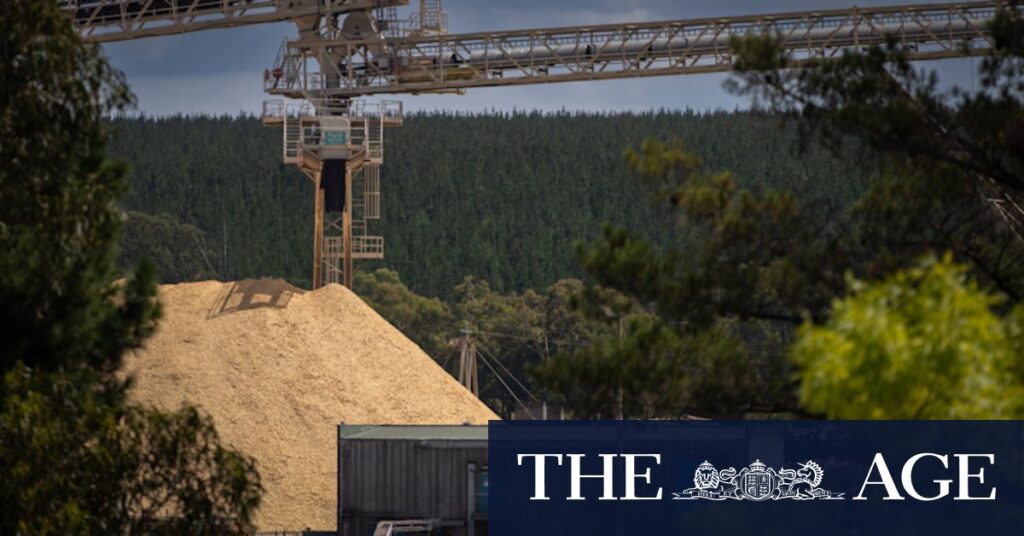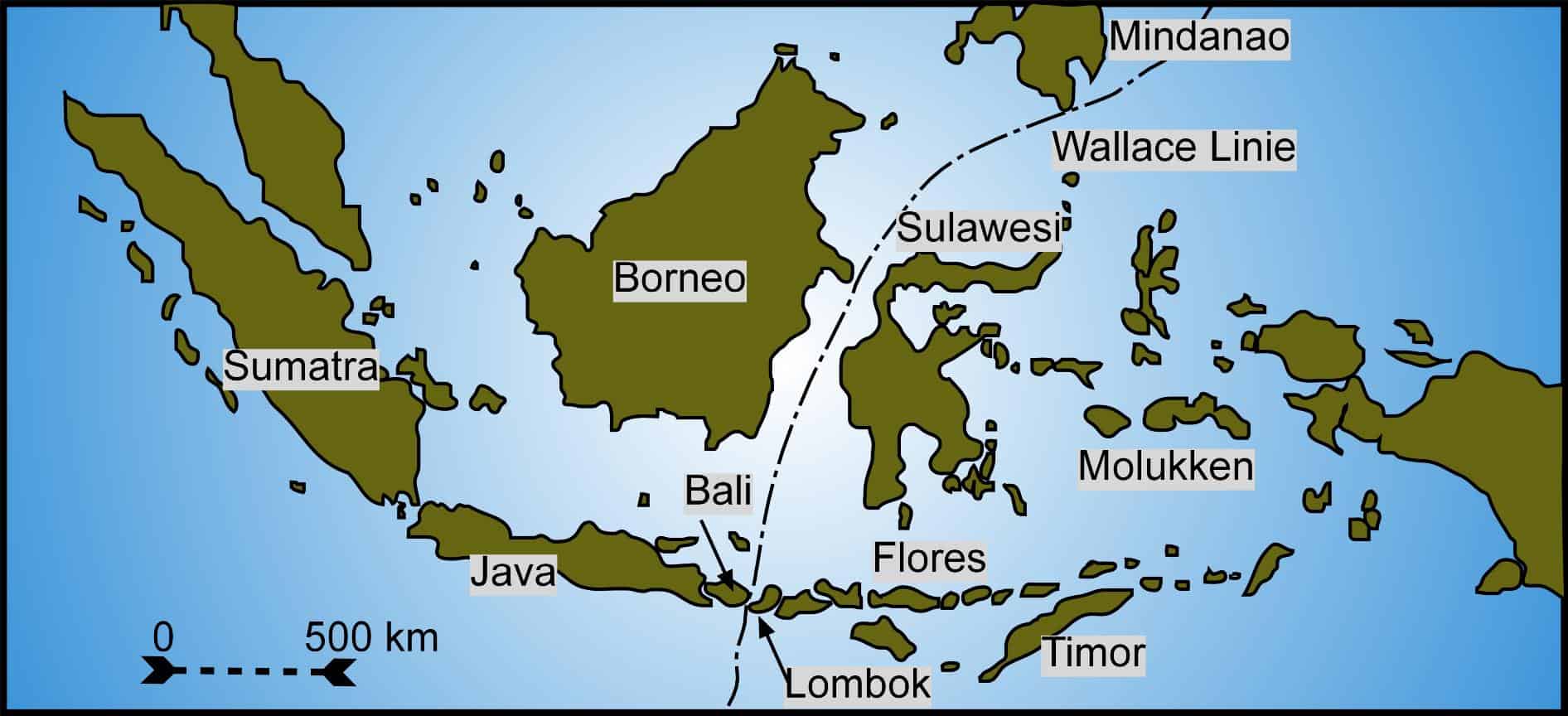
A Japanese paper company, Opal, has initiated legal action against the Victorian government, seeking $402 million in damages. The company alleges that the government breached an agreement to supply a consistent flow of native timber to its white paper mill located in the Latrobe Valley. The lawsuit was filed in the Supreme Court on Monday, marking a significant escalation in the ongoing dispute.
Opal, a subsidiary of the Nippon Paper Group, operates the Maryvale Mill, a critical employment source in the region. The mill, which was the last of its kind in Australia, ceased its white paper operations in 2023. This closure followed the Victorian government’s inability to fulfill its timber supply commitments, originally agreed upon in a 1996 contract with the mill’s former owner, Amcor, and later transferred to Opal.
Background of the Timber Supply Agreement
The agreement mandated that the Victorian government would provide pulpwood to Maryvale Mill until 2030. VicForests, a now-defunct state-owned logging agency, was responsible for supplying eucalypt wood, a native timber essential for white paper production. However, in November 2022, VicForests informed Opal of its inability to meet these obligations, citing a court ruling that halted operations due to environmental concerns.
The court decision found VicForests had failed to protect endangered species, leading to a suspension of its logging activities. The ripple effects of this decision were felt across the industry, culminating in the shutdown of Maryvale’s white paper operations in February 2023. The Victorian government subsequently terminated the supply agreement in May 2023, aligning with its accelerated ban on native timber harvesting, now set for December 31, 2023.
Economic and Community Impact
The closure of the white paper operations at Maryvale Mill resulted in the loss of over 400 jobs, dealing a severe blow to the local economy. Opal has stated that there were no viable alternatives to replace the lost timber supply, leading to “substantial loss and damage” to its business.
“Opal hopes that, with the case now before the Supreme Court of Victoria, the matter will be determined fairly and in a timely manner, providing resolution not only for Opal and the Victorian government, but also for the Maryvale Mill, the Latrobe Valley, and the wider Victorian community,” the company said in a statement.
Legal and Environmental Considerations
The Andrews government, at the time led by then-Treasurer Tim Pallas, cited legal advice as a key factor in its decision to expedite the ban on native timber harvesting. The advice suggested that the state would struggle to legislate its way out of future legal challenges related to environmental protections.
This legal battle highlights the complex intersection of environmental conservation and industrial operations. It underscores the challenges governments face in balancing ecological responsibilities with economic interests, particularly in regions heavily dependent on industries like paper manufacturing.
Looking Ahead
As the case progresses through the legal system, its outcome could set a precedent for future disputes involving government contracts and environmental regulations. The implications extend beyond the immediate parties, potentially influencing policy decisions and industrial operations across Australia.
For the Latrobe Valley community, the resolution of this case is critical. It not only affects the economic stability of the region but also the livelihoods of hundreds of families impacted by the mill’s closure. As Opal seeks a fair and timely resolution, all eyes will be on the Supreme Court of Victoria to see how it navigates this high-stakes legal challenge.







